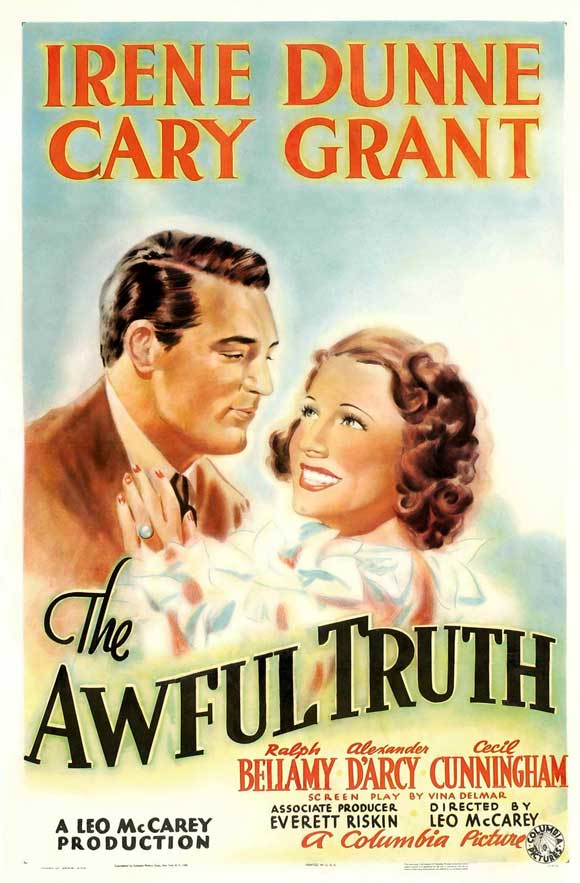Pensions – more needless headaches the Lifetime Allowance

Pensions – more needless headaches
You may recall that Mr Osborne in his great wisdom has decided to reduced the current lifetime allowance even further, just to clarify – the Lifetime Allowance is the value of your pensions, either in payment or being built up. It currently stands at a figure of £1.25million but from 6th April 2016 will reduce to £1million.
It is very easy to calculate the value of your pensions, provided that they are purely investments pensions, such as personal pensions, SIPPs (self-invested personal pensions). You can also exclude the value of your State pension.
However, if you have an annuity in payment or old final salary pensions or perhaps simply a current final salary (or career average) pension (called a defined benefit pension scheme) such as the NHS or Teachers Pension, the sums are considerably more complex.
Long story short, once the value of your pensions has been calculated you may find that you have exceeded the lifetime allowance – which is reducing. So you will need to do something about this, which may well involve some uncomfortable decisions about future membership of pensions, even or perhaps especially, good ones, which is utterly daft.

Another bonkers pension policy
Yes, I did say bonkers. Despite what Mr Osborne may say about helping people to help themselves, he is actually restricting the amount that you can build in your own pension, actively discouraging saving, which does seem to be rather at odds with any historic Conservative policy in history, unless you count the lamentable decision by Norman Fowler to remove the rule that enabled employers to make membership of an occupational pension scheme a condition of employment, allowing the employee to contract out and not join the pension scheme. In fairness to Mr Osborne, with the benefit of hindsight, Mr Fowler probably takes the prize for arguably the most loopy pension decision for generations.
Mr Fowler was under the misguided impression that this brought about freedom for employees to decide if they really wanted to be in their employer’s pension. Mr Osborne can only be motivated by collecting more tax as there are 55% tax charges applied to amounts that exceed the lifetime allowance, unless you have the relevant protection, which is also not really guaranteed.
We are not talking about small sums of money here. So you need to gather your information, for two specific dates 5th April 2014 and 5th April 2016. This creates a headache for you, a massive task for me and in my opinion the lifetime allowance is one of the worst pension ideas in history – penalising both those that save and a successful investment strategy. This is a subject that I will return to frequently before 6th April 2016.
Dominic Thomas
Solomons IFA
You can read more articles about Pensions, Wealth Management, Retirement, Investments, Financial Planning and Estate Planning on my blog which gets updated every week. If you would like to talk to me about your personal wealth planning and how we can make you stay wealthier for longer then please get in touch by calling 08000 736 273 or email info@solomonsifa.co.uk









